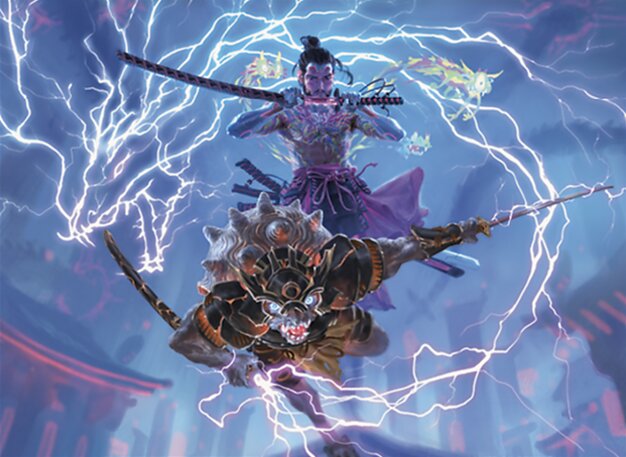Deck & Commander Strategies
Zimone & Dina
A Sultai toolbox deck centered on landfall and sacrificing lands for value, utilizing recursion and disruption to control the board and grind out incremental advantages.
Goro-Goro & Satoru
An aggressive Dragon-themed deck that aims to deploy creatures with haste and generate large flying Dragon tokens quickly to apply pressure and finish the game through fast combat damage.
Gameplay Insights
- 1
The Dragon deck’s ability to create 5/5 flying Dragon tokens with haste was a key turning point that accelerated the game towards victory.
- 2
Sacrifice synergies and card recursion played a critical role in the Sultai player's attempts to maintain board presence despite aggressive pressure.
- 3
Use of tempo spells like Tie and Destroy helped the Sultai deck disrupt the opponent's threats but was not enough to stem the fast aggression.
- 4
Playing Opposition Agent in response to a key search was a nearly game-ending play that showcased the toolbox deck’s disruption potential.
Notable Cards
-
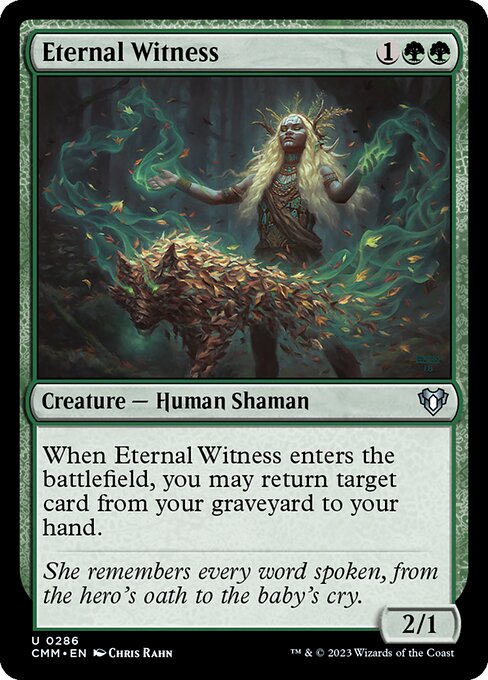
Eternal Witness
-
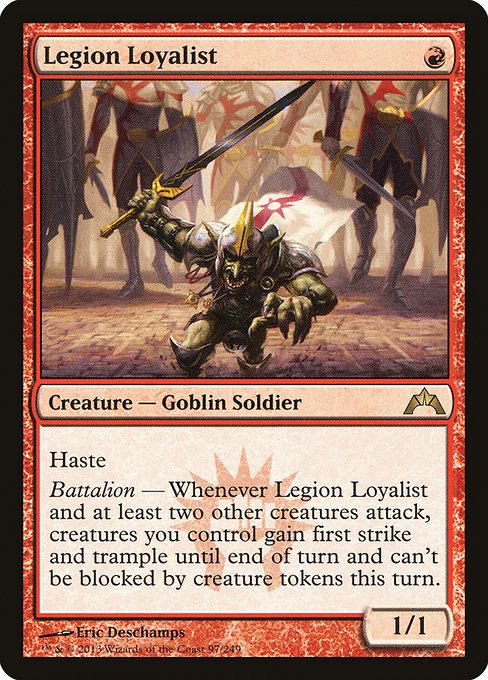
Legion Loyalist
-
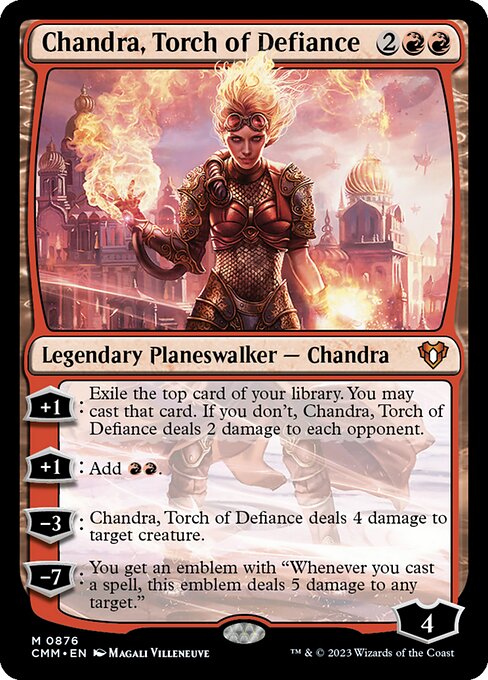
Chandra, Torch of Defiance
-
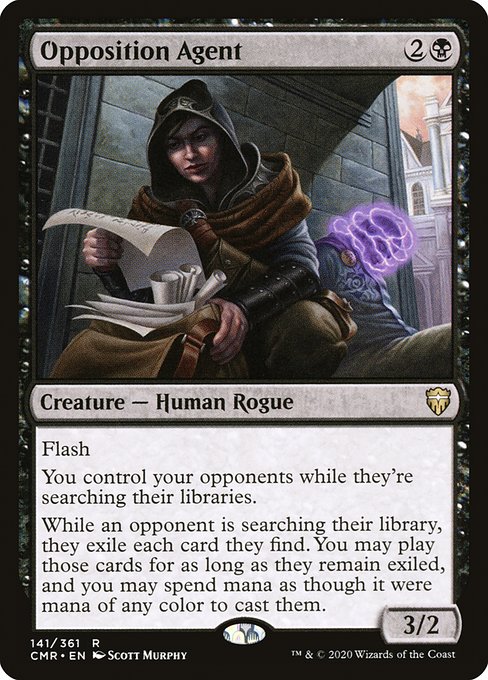
Opposition Agent
Gameplay Summary
The duel commander game featured two distinct strategies: a Sultai toolbox deck led by Zimone & Dina focused on landfall synergies, sacrifice, and value generation, and an aggressive Dragon-themed deck piloted by Goro-Goro & Satoru emphasizing haste creatures and powerful flying threats.
Early game development saw both players setting up their mana bases and deploying key creatures to build board presence.
The Sultai player leveraged spells like Eternal Witness and sacrifice outlets to maintain card advantage and disrupt the opponent’s tempo, while the Dragon deck generated flying 5/5 Dragon tokens and pressured with quick, aggressive threats. A pivotal moment occurred when the Dragon deck successfully created a 5/5 Dragon token that swung the momentum by dealing significant damage and forcing the Sultai player to lose creatures through sacrifice effects.
Meanwhile, the toolbox deck attempted to stabilize through card draw, recursion, and removal spells like Tie and Destroy.
The game featured multiple interactions involving sacrifice triggers, tempo plays, and combat tricks, culminating in the Dragon deck capitalizing on its aggressive flying threats and haste synergies to close the game.
The Sultai deck’s toolbox nature provided resilience but struggled to keep up with the fast-paced Dragon aggression.




